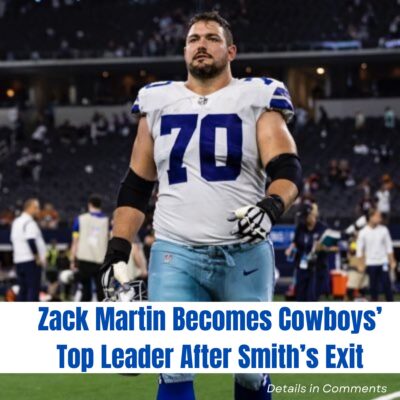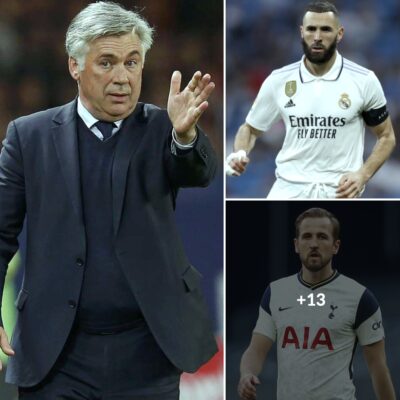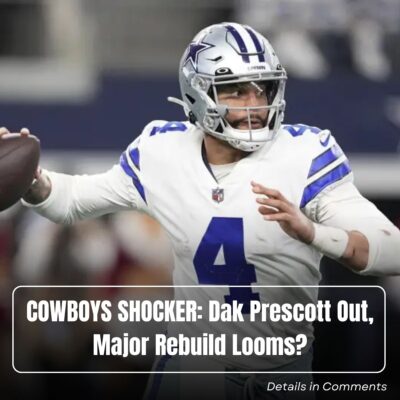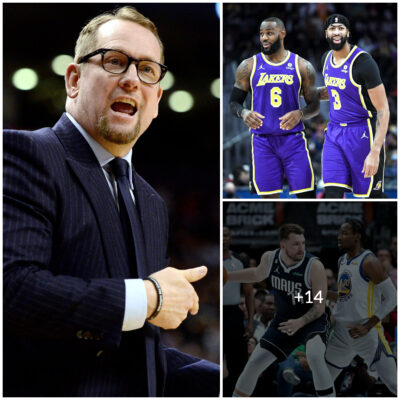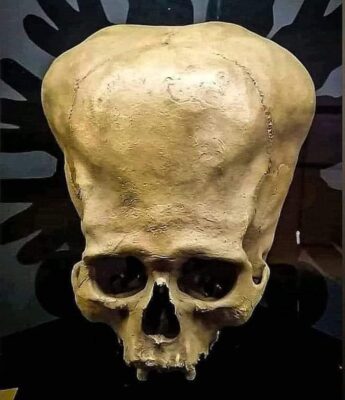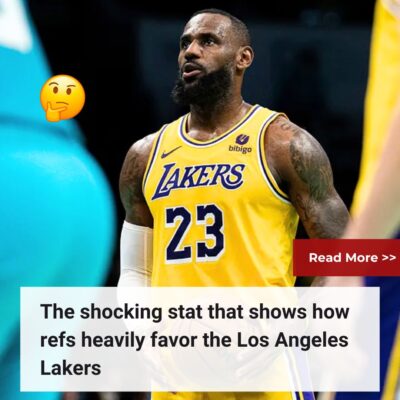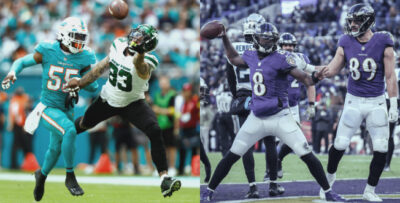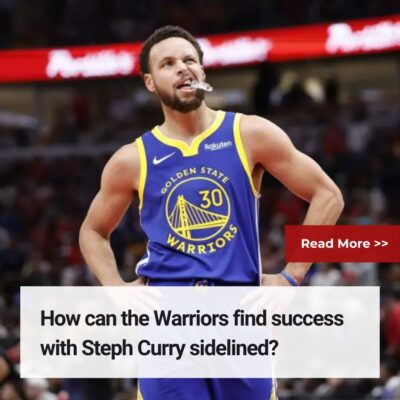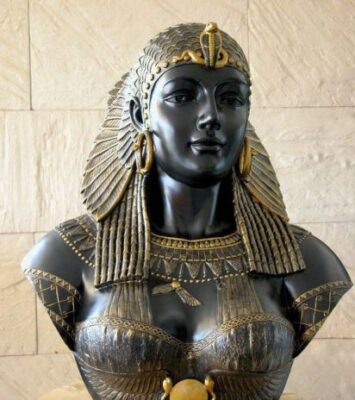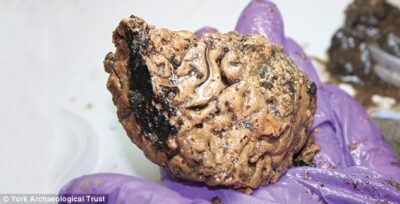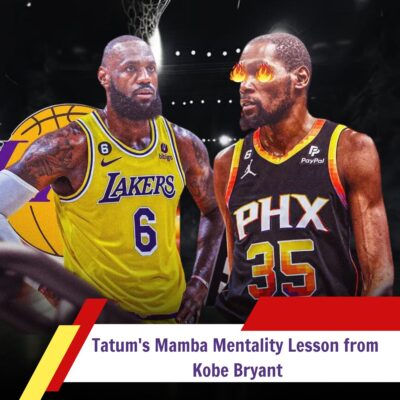
It was never Bill Belichick or Tom Brady: They carried Patriots to glory together
The underwhelming end of Bill Belichick’s tenure with the New England Patriots should never overshadow the historic journey.
Belichick helped guide New England to unprecedented success that might never be matched, and his partnerships with quarterback Tom Brady and owner Robert Kraft were integral to a championship formula that spanned the better part of two decades. It all came to a close, of course, Thursday when the Patriots and Belichick parted ways following New England’s disastrous 4-13 season that ended in a 17-3 loss to the New York Jets.
This should never be a referendum between Belichick and Brady or even a debate over which party deserves a bigger share of the credit pie. Rather, they should be celebrated as an interlocking of greatness, two separate entities who never would have stockpiled so much hardware without the other.
Brady, like any inexperienced quarterback, needed time to develop upon taking over for Drew Bledsoe in 2001. Offensive coordinator Charlie Weis maintained relatively conservative game plans that banked on the running game, quality field position — thanks to Belichick’s tremendous defense and special teams — and a hodgepodge of trick plays. When it was time for clutch performances, whether it was Brady’s third start against the Chargers, the Snow Bowl against the then-Oakland Raiders or Super Bowl XXXVI against the then-St. Louis Rams, the quarterback delivered.
And it was Belichick who continued to construct a well-rounded roster. In 2003, as free agent Rodney Harrison waited outside Raiders owner Al Davis’ office and was on the phone with Denver Broncos coach Mike Shanahan, the safety put the league on hold to take a call from Belichick. The Patriots coach convinced Harrison to get on a red-eye flight and visit Gillette Stadium, where Belichick won him over. Harrison left money on the table with the Broncos because of his instant connection with Belichick.

The roster-building extended far beyond Harrison, of course. After the Patriots went 5-11 in 2000, their established veterans felt strongly enough about their trajectory under Belichick that they recruited linebacker Roman Phifer and defensive lineman Anthony Pleasant, among others. Belichick transformed linebacker Mike Vrabel from a role player with the Pittsburgh Steelers into a defensive star in New England. He resuscitated running back Corey Dillon from a falling out with the Cincinnati Bengals into a dominant role with the 2004 Patriots.
Meanwhile, inherited pieces such as cornerback Ty Law, linebacker Willie McGinest and linebacker Ted Johnson continued to flourish under Belichick, as rotational contributors such as linebacker Tedy Bruschi, wide receiver Troy Brown and running back Kevin Faulk evolved into Patriots Hall of Famers.
Add in early-2000s NFL Draft selections Richard Seymour, Matt Light, Deion Branch, Jarvis Green, Ty Warren, Eugene Wilson, Asante Samuel, Dan Koppen and Vince Wilfork and the Patriots developed a deep and talented core. They won three Super Bowls from 2001 to 2004 and were the last team to claim back-to-back titles.
“The first three Super Bowls,” Law said in 2018, “we were considered more of a defensive team than anything as far as the leadership, the plays being made out there, the guys who had the experience, and we carried the team. Tom came into his own, and the rest is history.”

Quarterback Tom Brady and coach Bill Belichick won 249 games and six Super Bowls together with the New England Patriots. (Jim Rogash / Getty Images)
Law and Seymour are the only members of the early dynasty enshrined in the Pro Football Hall of Fame, though Brady will eventually join them and Harrison is a finalist for the 2024 class. Also, remarkably enough, the Patriots averaged four Pro Bowlers per season on those first three Super Bowl winners.
“We gave up a lot of individual accolades and didn’t care about those individual accolades for the sake of the team,” Law said in 2022. “That’s why we were successful. We were a good team. We were winning championships.”
The shortage of Pro Bowlers was not an indictment of the Patriots’ talent. Rather, as Law pointed out, it was due to their total team buy-in to Belichick’s philosophy. They were unified in their pursuit of a dynasty.
Where might Bill Belichick coach next? Fact or fiction with the 7 NFL vacancies
Belichick kept them pointed in their approach. As the Patriots steamrolled their 2004 opponents, they became unaware of their complacency, which struck in a late-season loss to the Miami Dolphins. The night before Super Bowl XXXIX against the Philadelphia Eagles, Belichick mesmerized the roster with his speech in the team meeting, pulling a pair of Lombardi Trophies from underneath a table and waltzing to the front of the room. The message was simple — the trophies were the goal — but the delivery fired up every player far more than Belichick alluding to Philadelphia’s planned parade route.
It didn’t last forever, though.
His recent draft performance — and subsequent reluctance to extend a few homegrown hits — is the primary reason the roster has had so many glaring weaknesses at prominent positions for two seasons, and Belichick’s inability to plug enough of those holes during a massive spending spree in 2021 free agency also drew Kraft’s ire.

It most certainly didn’t help Belichick’s case when Brady immediately won a seventh Super Bowl with the Tampa Bay Buccaneers. However, not even Brady could overcome the Bucs’ coaching issues in his final season in 2022. As much as Belichick’s detractors might not want to hear it, that season was a prime illustration of the importance of a high-level coach-quarterback combination.
They relied on each other, the way Bill Walsh needed Joe Montana, Mike Shanahan paired with John Elway and Andy Reid counts on Patrick Mahomes. Individual greatness from a coach or quarterback can sometimes be enough for a season, but a partnership of greatness in the most prominent positions can create levels of success that become sustainable for much longer.
It will always be about Brady and Belichick.
It should never be Brady or Belichick.
